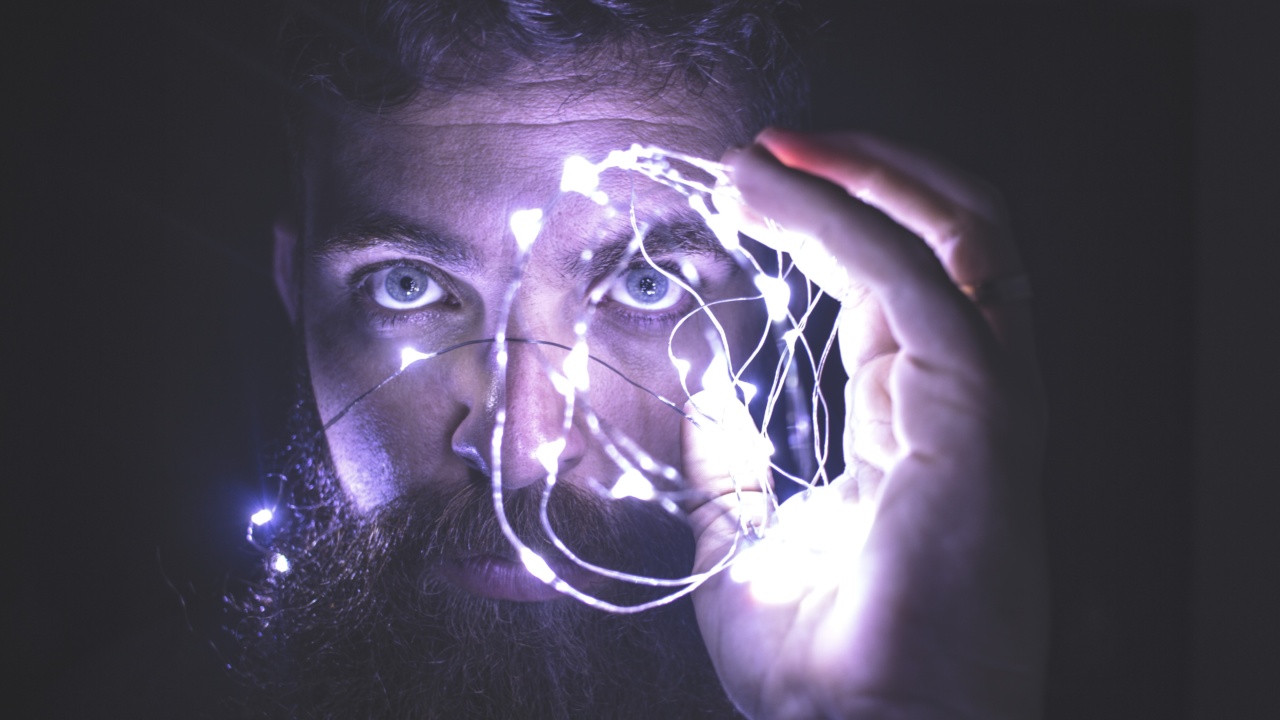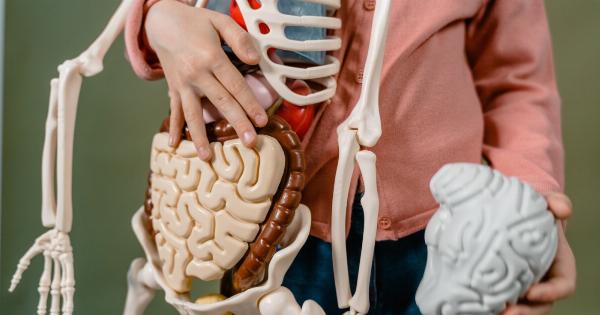Coping with the loss of a loved one can be incredibly difficult, both emotionally and psychologically. The death of a loved one can lead to a range of emotions, from sadness and despair to anger and guilt.
In addition to the emotional impact, loss can also have physical effects on the brain and affect a person’s personality. This article explores what happens to the brain and personality after experiencing loss.
Brain Changes after Loss
The brain undergoes significant changes after experiencing a loss. The experience of grief can lead to changes in the structure and function of the brain, particularly in the areas of emotion and memory.
Underlying Mechanisms
Research suggests that the experience of grief can lead to changes in the levels of neurotransmitters, the chemicals that transmit signals between neurons in the brain.
For example, reduced levels of serotonin have been associated with depression, a common response to grief. Alterations in the levels of noradrenaline and dopamine, neurotransmitters that play a role in regulating emotional responses, have also been observed in individuals who have experienced loss.
In addition to changes in neurotransmitter levels, the experience of grief can also lead to changes in the structure of the brain.
Studies have shown that individuals who have experienced loss have lower levels of grey matter in the prefrontal cortex, a region of the brain associated with decision-making, personality, and social behavior. Other studies have found that individuals who have experienced loss have increased activity in the amygdala, a part of the brain associated with emotional processing.
Personality Changes after Loss
The experience of loss can also lead to changes in a person’s personality. It is not uncommon for individuals to experience a shift in their values, attitudes, and beliefs after the death of a loved one.
This can lead to changes in their behavior, relationships, and overall outlook on life.
Increased Vulnerability
Individuals who have experienced loss can also become more vulnerable to stress and other negative life events.
This is because the experience of grief can lead to changes in the body’s stress response system, making it more difficult to cope with other stressors. This can lead to an increased risk of developing anxiety, depression, and other mental health conditions.
Impact on Relationships
The experience of loss can also impact a person’s relationships with others.
Studies have shown that individuals who have experienced loss may struggle with social interactions, and may have a harder time expressing their emotions and communicating with others. This can lead to feelings of loneliness and social isolation, which can have further negative effects on mental health and wellbeing.
Coping with Loss
While the experience of loss can lead to significant changes in the brain and personality, it is important to remember that these changes are not necessarily permanent.
There are a number of coping strategies that can help individuals manage the emotional and psychological impact of loss. These can include seeking support from friends and family, participating in therapy or support groups, engaging in self-care activities, and taking steps to improve emotional resilience and coping skills.
Conclusion
The experience of loss can have significant effects on the brain and personality.
Changes in neurotransmitter levels and brain structure can lead to an increased vulnerability to stress and other negative life events, while changes in personality can impact a person’s relationships and overall outlook on life. However, with the right support and coping strategies, it is possible to manage the emotional and psychological impact of loss and develop a greater sense of resilience and wellbeing.






























